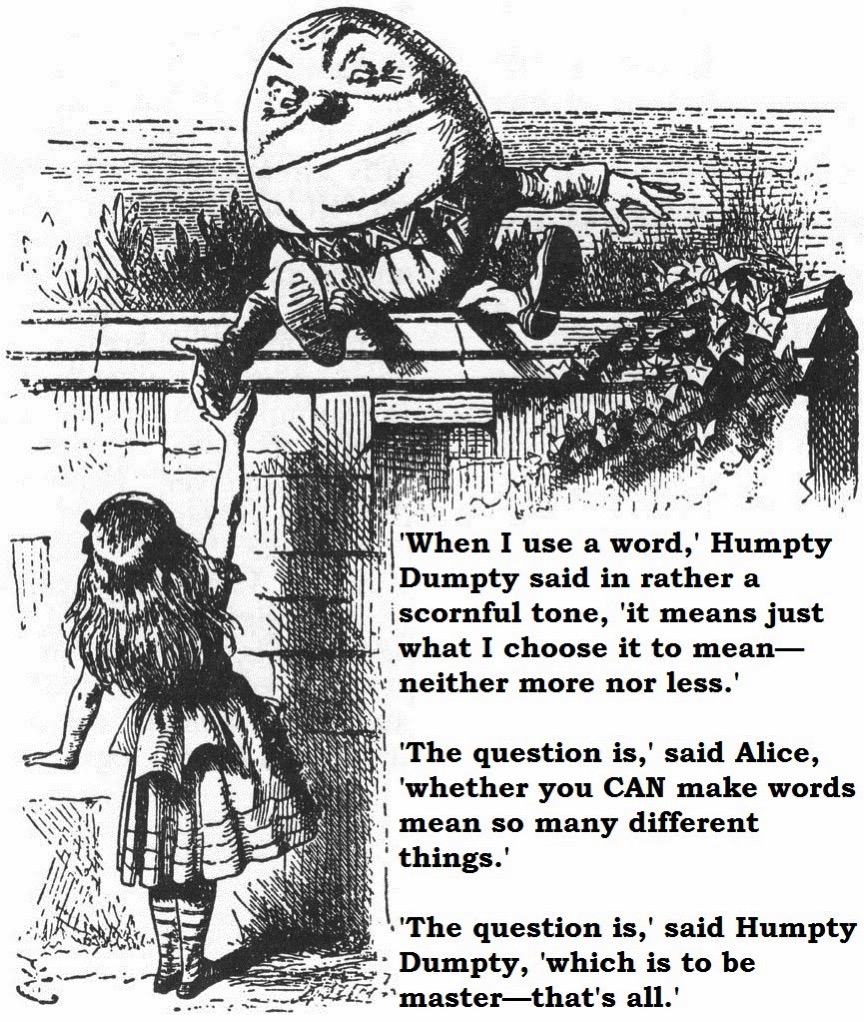Introduction
In my morning Bible reading, I’m at the point of 2 Chronicles where Asa and Ahab, in two separate incidents, consider the prophets’ speaking a warning from God as treason on the part of the prophet. While Ahab was an evil king, Asa, up to that point was considered a good king who walked with God. It’s a reminder that such behavior is not just from the godless. Despite how we have lived up to this point, we can still fall away from right relation with God if we put our own preferences first. It’s not just this one instance. The New Testament tells us of the Pharisees—Men who desired to live holy lives in the way they thought best—found themselves in opposition to God. Not because they chose to spurn God. Rather, they thought that Jesus had to be wrong because what He taught was in conflict to what they thought it meant to be faithful.
I think these examples should stand as a warning for us. The Old Testament Kings responded to prophets warning them about their wrongdoing by imprisoning the prophets. The Pharisees responded to Jesus warning them about their wrongdoing by plotting to have Him executed. In losing sight of the fact that we can go wrong, we risk being opposed to God while believing we are in the right.
The Danger for Catholics
This is not something limited to Biblical times. Nor is it limited to one faction within the Church. The danger exists when one of us decides that he doesn’t like how the Church handles something. It might be a dissent associated with “liberalism” like sexual moral teachings. It might be a dissent associated with “conservatism” like social justice teachings. In both cases, the person believes the Church has gone wrong, and will remain wrong until she agrees with them.
Blessed John Henry Newman saw the danger, and described it this way [†]:
I will take one more instance. A man is converted to the Catholic Church from his admiration of its religious system, and his disgust with Protestantism. That admiration remains; but, after a time, he leaves his new faith, perhaps returns to his old. The reason, if we may conjecture, may sometimes be this: he has never believed in the Church’s infallibility; in her doctrinal truth he has believed, but in her infallibility, no. He was asked, before he was received, whether he held all that the Church taught, he replied he did; but he understood the question to mean, whether he held those particular doctrines “which at that time the Church in matter of fact formally taught,” whereas it really meant “whatever the Church then or at any future time should teach.” Thus, he never had the indispensable and elementary faith of a Catholic, and was simply no subject for reception into the fold of the Church. This being the case, when the Immaculate Conception is defined, he feels that it is something more than he bargained for when he became a Catholic, and accordingly he gives up his religious profession. The world will say that he has lost his certitude of the divinity of the Catholic Faith, but he never had it.
John Henry Newman, An Essay in Aid of a Grammar of Assent (London: Burns, Oates, & Co., 1870), 240.
A “cafeteria Catholic” or a half Catholic or a 95 percent Catholic is a contradiction in terms. If the Catholic Church does not have the divine authority and infallibility she claims, then she is not half right or 95 percent right, but the most arrogant and blasphemous of all churches, a false prophet claiming “thus says the Lord” for mere human opinions. It must be either / or, as with Christ himself: if Christ is not God, as he claims, then he is not 95 percent right or half right or merely one of many good human prophets or teachers, but the most arrogant and blasphemous false prophet who ever lived. Just as a mere man who claims to be God is not a fairly good man but a very bad man, a merely human church that claims divine authority and infallibility is not a fairly good church but a very bad church.
The only honest reason to be a Christian is because you believe Christ’s claim to be God incarnate. The only honest reason to be a Catholic is because you believe the Church’s claim to be the divinely authorized Body of this Christ.
Peter Kreeft, Catholic Christianity: A Complete Catechism of Catholic Beliefs Based on the Catechism of the Catholic Church (San Francisco: Ignatius Press, 2001), 105.




